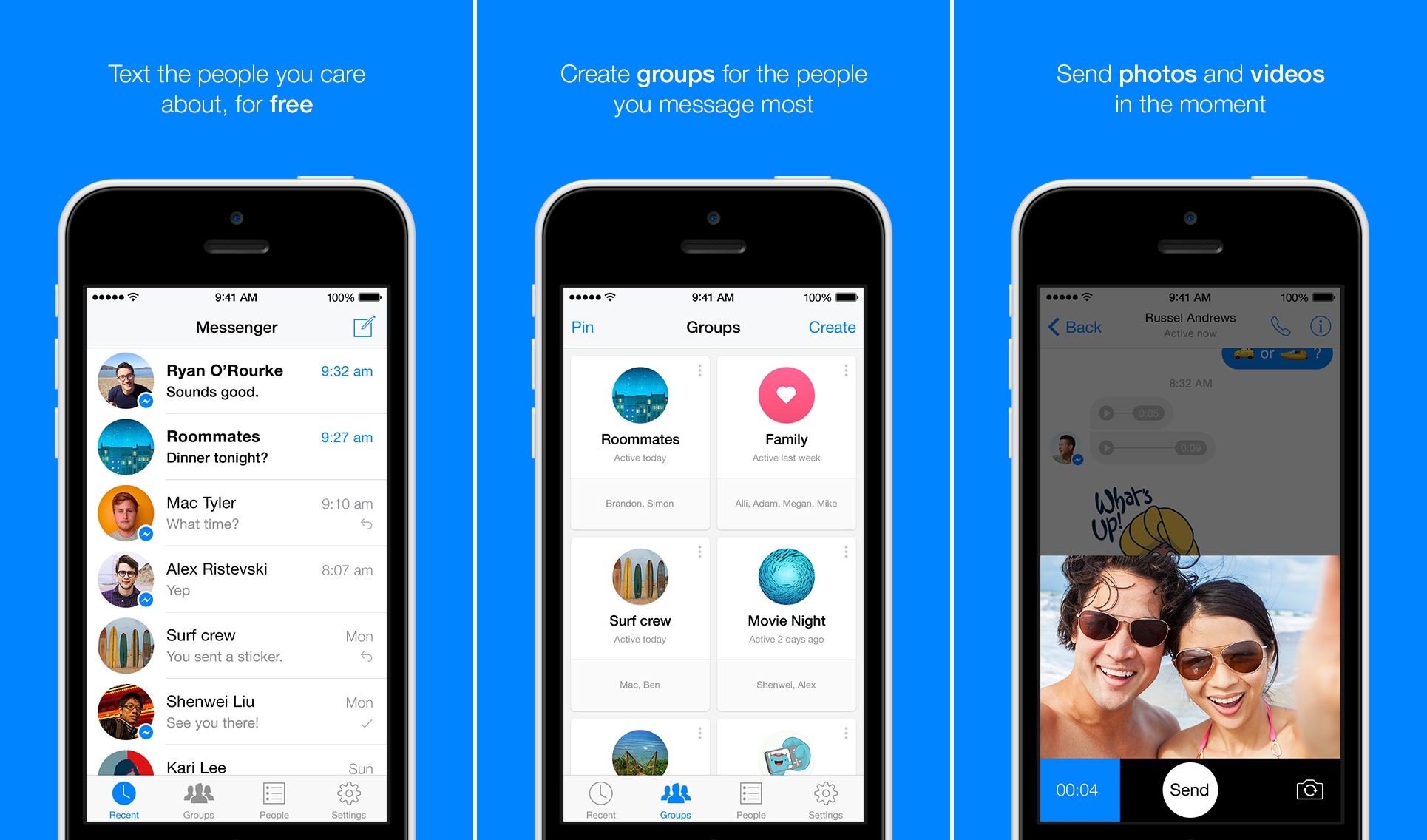

Users who are facing the expiration bug issue need to install the latest WhatsApp beta for Android (version 2.23.7.14) update. The latest update addresses the mentioned issue which will allow users to start accessing WhatsApp without the expiration bug. How WhatsApp is tackling this issue WhatsApp has rolled out a new beta update on its official website that claims to fix the expiration bug. The Meta-owned platform has launched an official chat where users can receive the latest information about the Some beta testers even tried using the app through temporary workarounds like setting the device’s date to a previous date, However, such workarounds are not recommended for common users. Now WhatsApp has introduced a new feature which will further enhance the user experience on the app. WhatsApp has rolled out some new features recently, which improved the user experience. Misspellings in brand names and web addresses are another thing to look out for when trying to identify scam campaigns online.WhatsApp gets its own WhatsApp account: Here's what it means for you Group-IB has informed Facebook regarding this campaign but until it is shut down, users of the social network should be on the lookout for these fake ads and avoid clicking on shortened URLs as they can lead to phishing pages (opens in new tab) or even malware (opens in new tab). The cybercriminals used a number of different free web hosting (opens in new tab) services to create these fake login pages and they even offered Facebook users non-existent features such as being able to see who visited their profiles or to view deleted messages to entice them to login.

If a user clicks on the link in one of these fake ads, they are taken to a fake Facebook Messenger website with a login form used by the scam campaign to harvest their credentials (opens in new tab).

At the same time though, they also used link shortening services like bit.ly to bypass Facebook's scam filters. In order to appear more legitimate, the cybercriminals behind the campaign registered for accounts on Facebook with names that mimic the real app such as Messanger, Meseenger, Massengar while using the official Facebook Messenger logo as their profile picture. While this new Facebook Messenger scam campaign originated in the summer of 2020, it began picking up steam in April of this year when the number of posts on the social network inviting users to install the latest Messenger update reached 5,700.


 0 kommentar(er)
0 kommentar(er)
